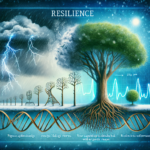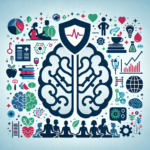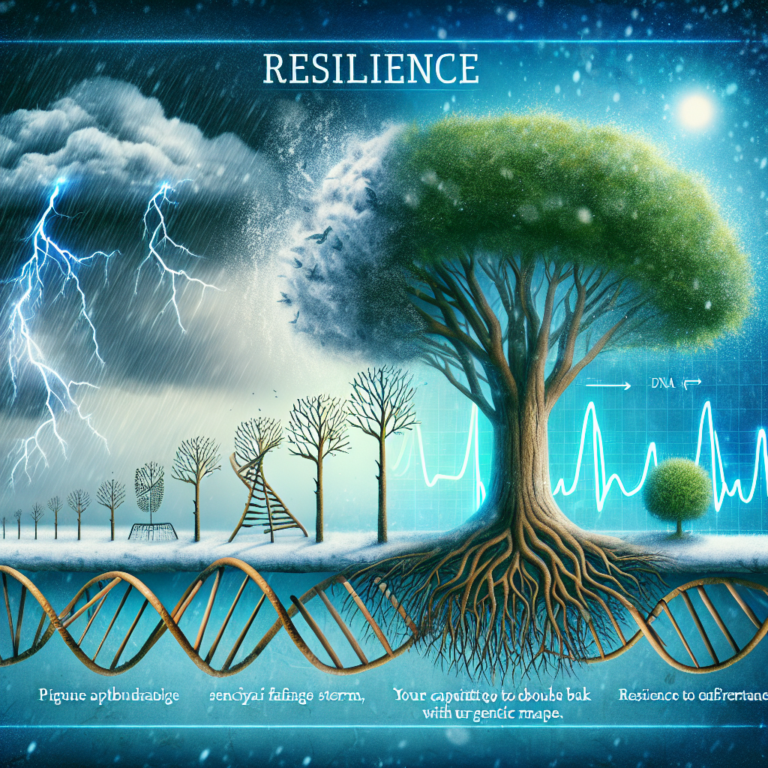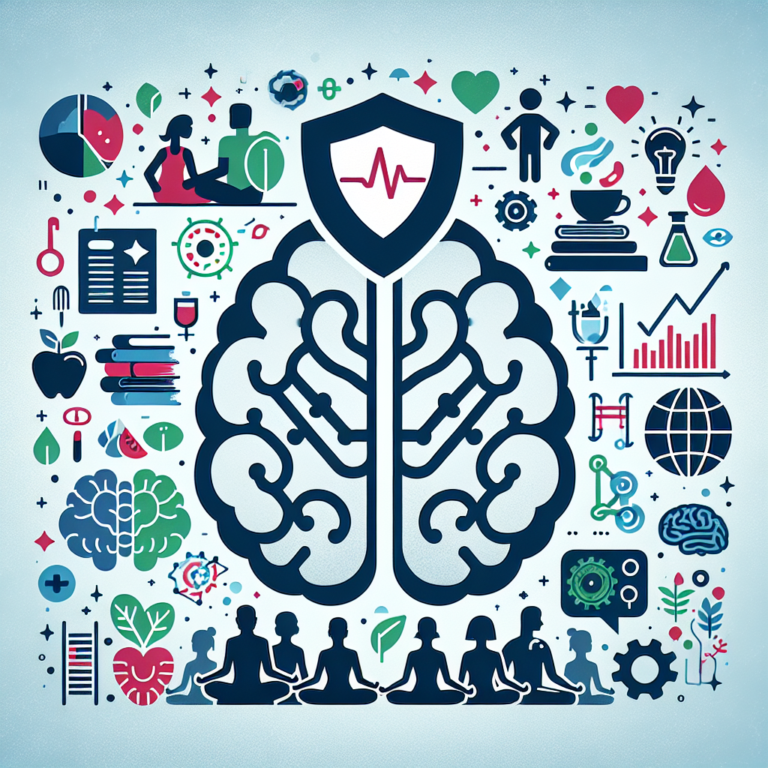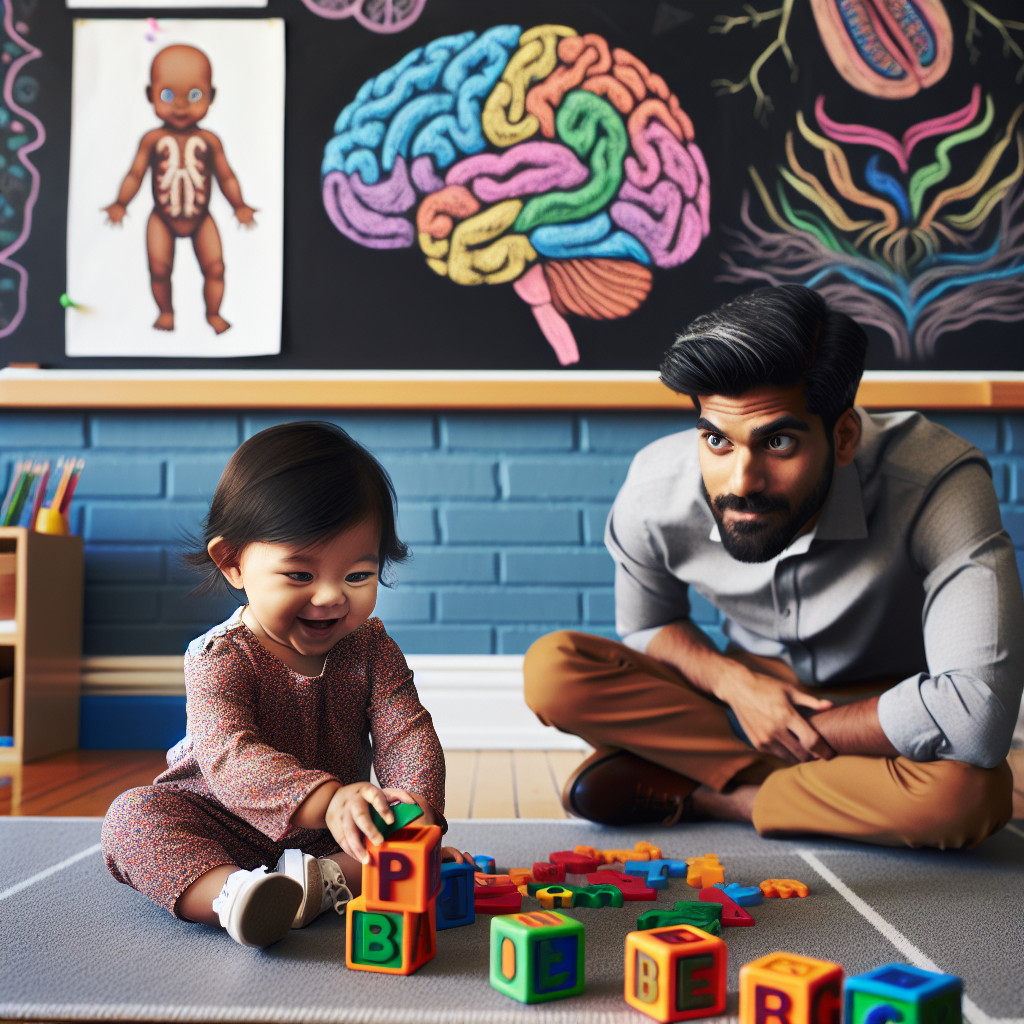
Introduction
Have you ever marveled at the way a baby curiously explores the world around them? The moment a newborn takes their first breath, they embark on an extraordinary journey of learning and development that lasts a lifetime. Understanding the early mind is crucial, not just for parents and educators, but for anyone interested in the mechanisms of human growth. The Early Mind: What Babies Can Teach Us About Learning and Development is an essential topic that provides insights into how these tiny beings shape our understanding of education, socialization, and emotional intelligence.
As we dive into the fascinating world of infant learning, we’ll uncover why paying attention to early development can benefit us all. From how they engage with their surroundings to critical milestones in their cognitive development, every aspect holds valuable lessons for adult learning and teaching methodologies.
Understanding the Early Mind
The Science of Baby Brains
From birth to the age of three, a child’s brain undergoes remarkable growth. During this period, the brain forms approximately 700 neural connections per second. This astonishing development illustrates not only the complexity of the early mind but also how it is inherently designed for learning.
Table 1: Brain Development in Infancy
| Age (Months) | Brain Growth (Percentage of Adult Size) | Key Development Milestones |
|---|---|---|
| 0-3 | 25% | Reflexes, basic recognition |
| 4-12 | 50% | Social interaction, early speech |
| 13-24 | 75% | Language acquisition, problem-solving skills |
| 25-36 | 90% | Emotional regulation, complex thinking |
The early mind is primed for exploration and learning. Infants learn through observation, imitation, and social interaction. This foundational stage can teach us much about the effective techniques used in education today.
The Role of Sensory Exploration
Babies learn through their senses—touch, taste, sight, sound, and smell. This sensory exploration is essential for neural network formation. By engaging with their environment, infants develop cognitive skills that set the stage for future learning.
Case Study: Sensory Play in Infancy
A case study conducted by the University of Alberta found that infants exposed to different textures, sounds, and colors during play showed improved cognitive skills later in life. Researchers observed that when babies engaged in sensory play, they:
- Developed fine motor skills
- Improved problem-solving abilities
- Increased their vocabulary by 30% by age two
Analysis: This study exemplifies how sensory experiences facilitate learning and cognitive development. It underscores the need for sensory-rich environments, especially in educational settings.
The Importance of Social Interaction
The early mind is not an isolated unit. Babies thrive on social interaction, which is crucial for their emotional and intellectual growth. This social engagement lays the groundwork for interpersonal skills essential throughout life.
Case Study: The Impact of Adult Interaction
A comprehensive study by Stanford University demonstrated that infants who engaged with responsive caregivers exhibited higher levels of social confidence and vocabulary at later stages. The researchers monitored two groups:
- Infants with responsive caregivers
- Infants with less interaction
The results highlighted profound differences in emotional intelligence and communication abilities.
Analysis: This case study points out that the quality of interactions can significantly impact a child’s development. Adults who recognize the importance of their role can foster healthier social skills in their children.
Learning Mechanisms in the Early Mind
Imitation as a Learning Tool
Imitation is one of the earliest learning tools a baby possesses. From mimicking facial expressions to simple actions, infants utilize this skill to learn and understand their environment.
Case Study: The Power of Imitation
A pivotal study at the University of California, Los Angeles investigated the role of imitation in infant learning. Researchers documented that infants who observed adults performing tasks—like stacking blocks—were more likely to replicate those tasks successfully by the age of 12 months.
Analysis: This research shows that infants not only learn by observation but also internalize social behaviors, influencing their problem-solving methods.
The Role of Play in Learning
Play might appear trivial, but it is one of the most essential aspects of a child’s learning experience. It encourages creativity, problem-solving, and cognitive skills.
Table 2: Types of Play and Their Benefits
| Type of Play | Cognitive Benefits | Social Benefits |
|---|---|---|
| Solitary Play | Enhances focus and independence | Builds confidence |
| Parallel Play | Fosters observation and imitation | Develops peer relationships |
| Cooperative Play | Encourages teamwork and sharing | Strengthens communication skills |
Analysis: Play is not merely a form of entertainment; it is a vital component of learning that promotes various skills, essential for both personal growth and social dynamics.
Emotional Learning and the Early Mind
Developing Emotional Intelligence
The early mind significantly shapes a child’s emotional framework. Emotions impact cognition and vice versa, making emotional learning fundamental.
Case Study: Emotions and Learning Ability
Research conducted by the Harvard Graduate School of Education explored the connection between emotional regulation and academic performance. The findings revealed that children who could identify and express their emotions tended to perform better in school.
Analysis: This study highlights the interplay between emotional and cognitive development, emphasizing that educators should incorporate emotional intelligence training into their curriculums.
Practical Applications
Implications for Parenting
The Early Mind: What Babies Can Teach Us About Learning and Development is rich with insights that can help parents create enriching environments for their children. Here are some actionable strategies:
- Encourage Sensory Exploration: Provide various textures, colors, and sounds in a baby’s environment.
- Engage in Responsive Interactions: Be present and responsive, fostering emotional security and social confidence.
- Utilize Play: Embrace various forms of play to support cognitive and emotional skills.
Implications for Educators
Educators also have much to learn from the early mind. Here are a few strategies to incorporate:
- Incorporate Play-Based Learning: Design activities that promote play as a legitimate learning tool.
- Focus on Emotional Learning: Integrate emotional intelligence into the curriculum to prepare children for social interactions.
- Encourage Imitation in Learning Activities: Facilitate group work and pair learning to utilize infants’ natural propensity to imitate.
Conclusion
The insights derived from understanding The Early Mind: What Babies Can Teach Us About Learning and Development are invaluable. The lessons learned during this crucial growth phase extend beyond infancy and can enhance educational methods and parenting approaches. By harnessing the natural learning mechanisms of babies—sensory exploration, social interaction, imitation, and play—we can create environments that foster lifelong learning and development.
The early years are indeed formative, and recognizing their significance can enrich our approaches to education, parenting, and beyond. As we continue to learn from our youngest members of society, we set the stage for a more empathetic, knowledgeable, and interconnected world.
FAQs
1. How do babies learn in their early years?
Babies learn primarily through sensory experiences and social interactions. They acquire skills by exploring their environment, imitating actions, and engaging in play.
2. What are the critical milestones in infant development?
Infant development milestones include sensory awareness, language acquisition, motor skills, and emotional regulation, typically observed during the first three years of life.
3. Why is social interaction important for infants?
Social interaction supports emotional intelligence and cognitive skills. Responsive engagement with caregivers helps infants build confidence and effective communication skills.
4. How can parents encourage a baby’s learning?
Parents can encourage learning by creating sensory-rich environments, engaging in responsive communication, and promoting various forms of play.
5. What role does emotional intelligence play in a child’s development?
Emotional intelligence impacts social skills and academic performance. Children who can identify and express emotions tend to interact better with peers and perform better in school settings.
The Early Mind: What Babies Can Teach Us About Learning and Development offers profound insights into human growth and educational practices. By embracing and applying these lessons, we can foster environments that support continuous learning for all.

